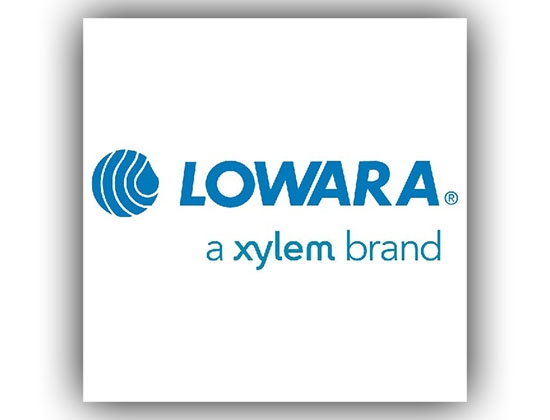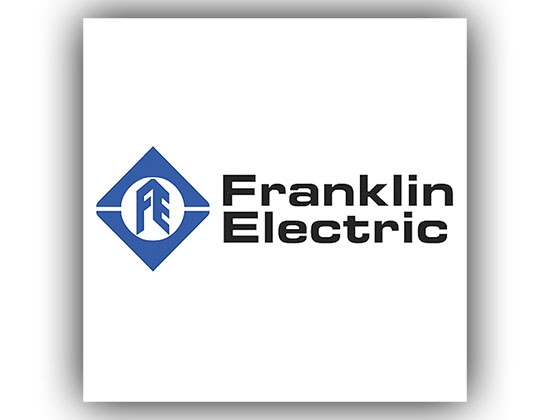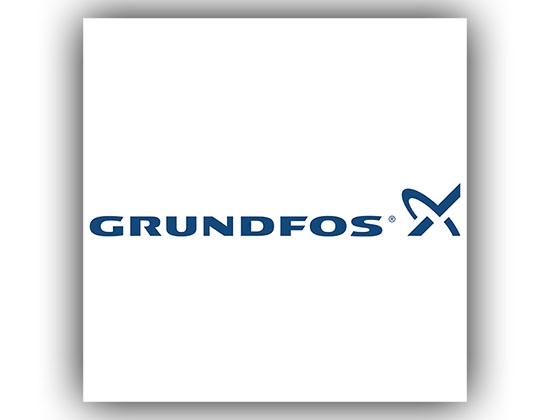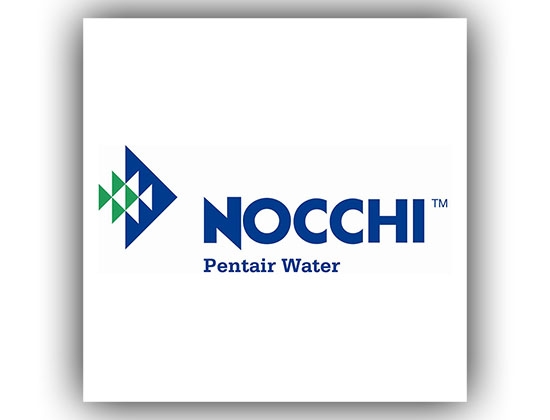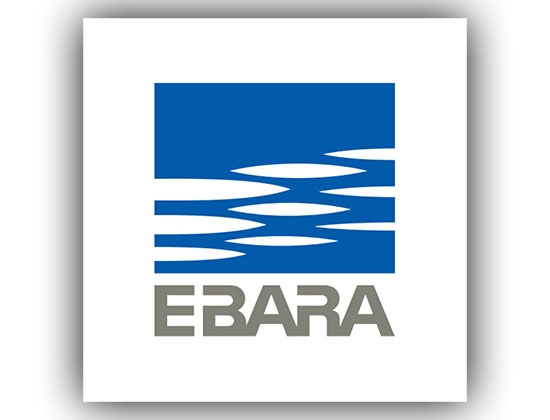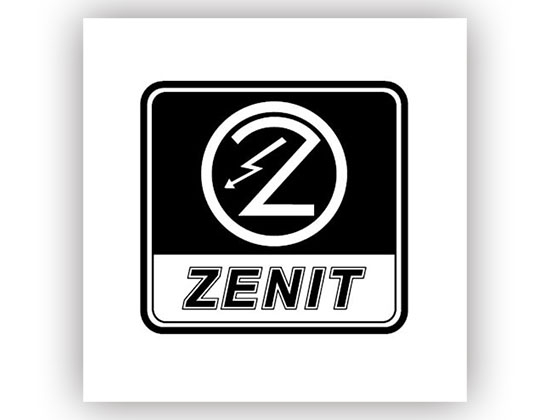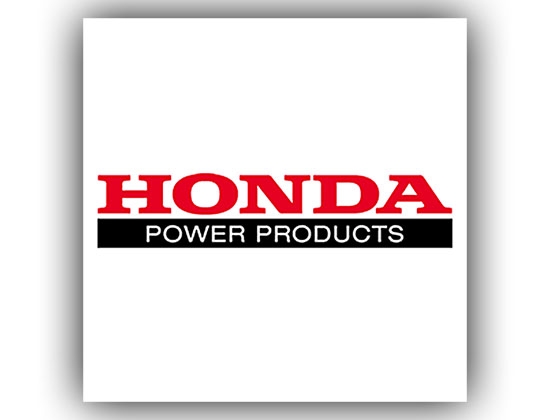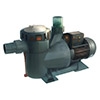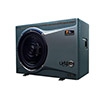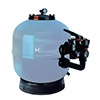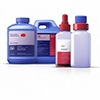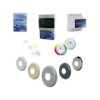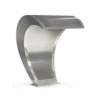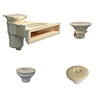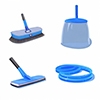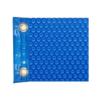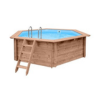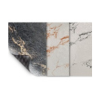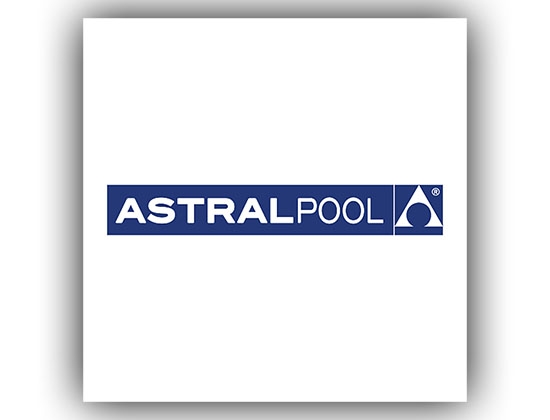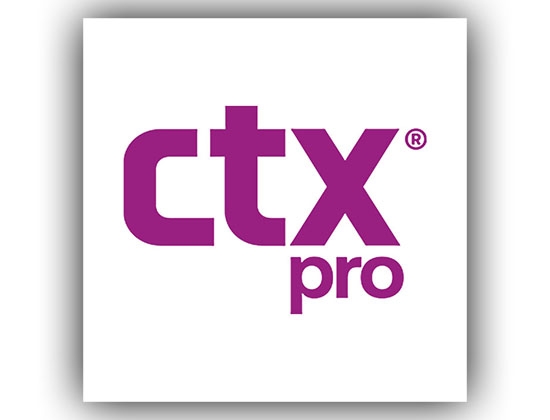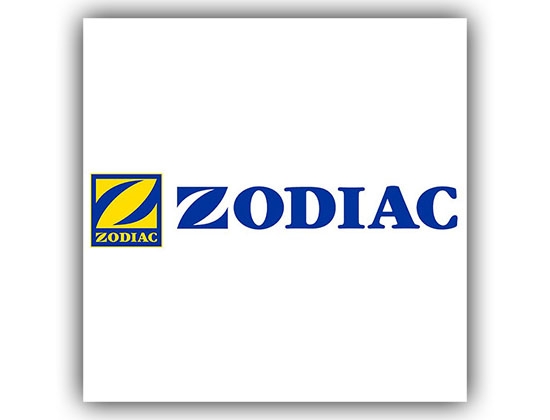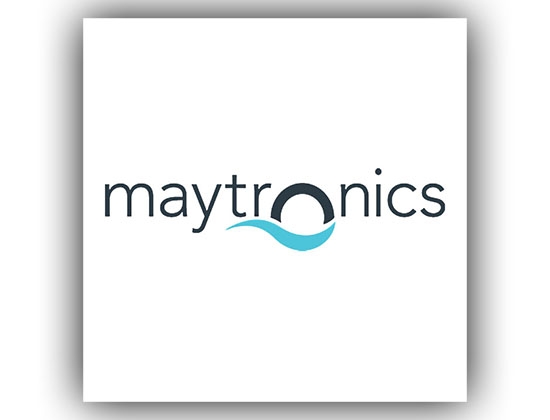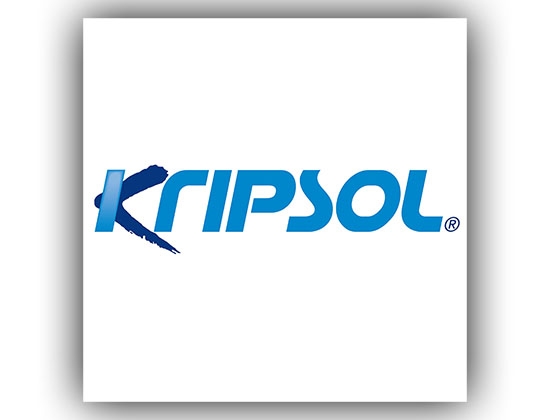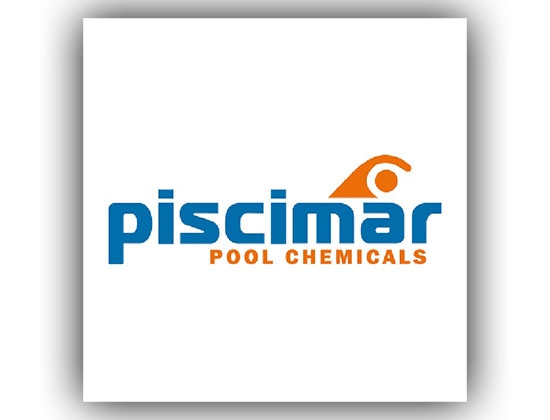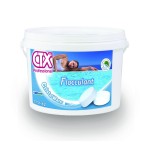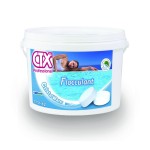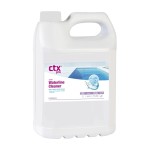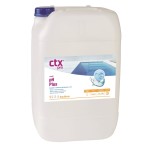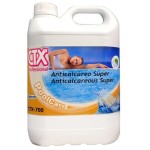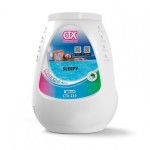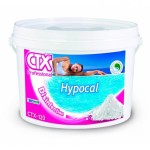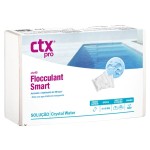Product Description
Special anti-algae for Salt Electrolysis treatment systems.
Concentrated algaecide to eliminate all types of algae.
Clarifies water thanks to its flocculation capacity.
Non-foaming compound, compatible with most disinfection treatments.
Usage advice:
Pour the required dose of product into a container with water and spread the solution over the entire surface of the pool, preferably at dusk and without the presence of bathers in the water.
Algaecide in the pool
Keeping a pool clean and free from algae growth is essential to maintaining its visual appeal and ensuring a safe swimming environment. Algaecide, a specialized product developed to control and prevent algae in swimming pools, plays a crucial role in the maintenance of swimming pools.
Pool algaecide is a powerful pool treatment that helps control and prevent algae growth in swimming pools. It works by attacking the root cause of algae growth, ensuring your pool remains crystal clear and inviting.
Importance of pool maintenance
Maintaining a clean and well-balanced pool is crucial for both the health of your swimmers and the longevity of your pool. Neglecting proper pool maintenance can lead to a variety of problems, including the dreaded algae invasion. Algae not only makes your pool unsightly, but it can also pose health risks. That's why using Pool Algaecide as part of your regular pool maintenance routine is essential to keeping your pool water pure and enjoyable for everyone.
Causes of algae growth in swimming pools
Algae growth in swimming pools is caused by a combination of factors, including sunlight, warm temperatures, inadequate water balance and the presence of organic matter such as leaves or debris. These conditions create the perfect breeding ground for those pesky algae to flourish and turn your pool into a green nightmare.
Types of Algae Commonly Found in Swimming Pools
Algae come in different shapes, colors and sizes. The most common types of algae found in swimming pools are green algae, which gives your pool a vibrant green hue. There are also yellow or mustard algae, which can adhere to pool surfaces and resist normal cleaning methods. Finally, black algae are the most resistant of the group, known for their stubbornness and ability to form colonies deeply rooted in pool walls.
Impact of algae on pool water quality
In addition to being unsightly, algae can affect the water quality in your pool. They consume chlorine, reducing their effectiveness in killing harmful bacteria and other contaminants. This can lead to an increase in harmful microorganisms, making pool water unhealthy and potentially causing skin irritation or infections. By promptly addressing algae growth with Pool Algaecide, you can ensure that your pool water remains clean and safe for swimming.
How Algaecide in the pool controls and prevents algae growth
Algaecide works by breaking down the cellular structure of algae, effectively destroying it and preventing its growth. It acts as a preventative measure, creating an inhospitable environment for the development of algae. By regularly adding Pool Algaecide to your pool, you can maintain a proactive defense against algae while keeping your pool water clear and inviting.
Documents
For more information, see the Technical Data Sheet.


